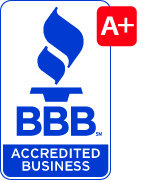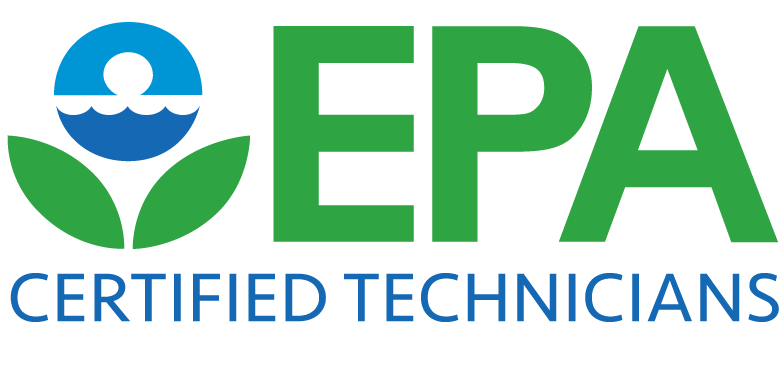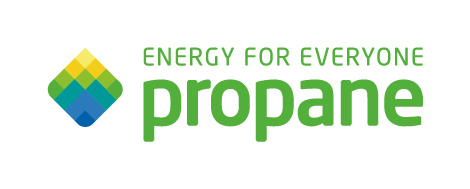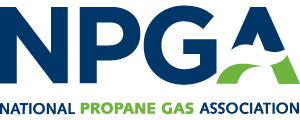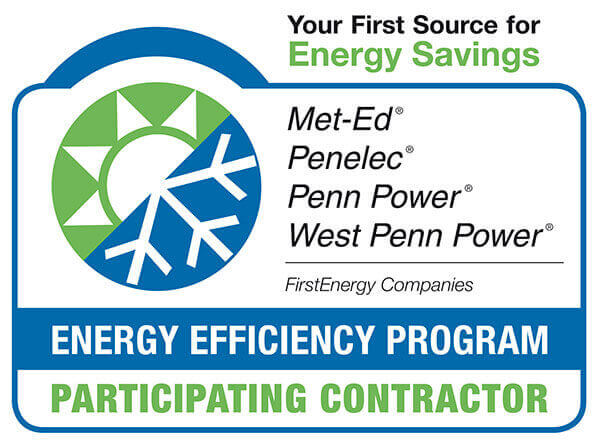SOS XTREME Comfort® provides the best heating and cooling repair services in Pompton Lakes. Our technicians are trained in the very latest technology and can work on all brands of oil, propane, electric and gas heating systems and central air conditioning systems.
We service, repair and install:
- Oil Heat Systems
- Gas Furnaces, Boilers and Heating Systems
- Propane Heating Systems
- Electric Heat Pumps
- Central Air Conditioning Systems
- Ductless Heating and Cooling Systems
At SOS XTREME Comfort®, we specialize in creating comfortable environments in homes and businesses. We have been helping customers in and around Pompton Lakes since 1934. Give us a call today to get your heating or cooling system serviced or installed.
Call For Fast Service:
973-827-8179
API Token is not configured
In addition to servicing Pompton Lakes we also service the following nearby towns:
Bloomingdale, Haskell, Hewitt, Oak Ridge, Pompton Lakes, Ringwood, Wanaque, West Milford
Click here to view our total service area.
FAQs
Q: What does HVAC mean?
A: You may have heard this expression before. It is frequently used in the industry to refer to your heating and cooling system. It literally stands for heating, ventilation, and air conditioning.
Q: What kind of upkeep do I want to do on my heating and cooling system?
A: As a property owner , taking care of your system is definitely not rocket science. There are a few aspects that you should keep in mind. The main aspect to keep in mind is proper circulation. This indicates that you should check your air filters frequently and change them out when they are dirty. It also means that you need to make sure that your air vents aren’t closed off by objects such as home furniture. Actually, don’t even close up air vents to spaces that are less frequently used. You are making your system run harder than need be, using more electricity to do so, and throwing away money. Finally, be sure to arrange an annual tune-up on your air conditioning system. This ought to be carried out in the early spring. Arrange for an annual tune-up on your heating system in the autumn season.
Q: How do I identify when to remove and replace my air filter?
A: There is no precise solution to this question. This is due to the fact that one household will definitely necessitate a different quantity of filter changes than another. A residence that has household pets or is located in a dusty climate will require more filter changes. Nevertheless, it is recommended to take a look at them once a month. Mark the calendar as a reminder. Life can get busy and remembering something like inspecting your HVAC filter can slip through the cracks. When you examine it, thoroughly examine it. Make sure that it does not seem dirty. Never let more than 90 days between air filter changes. Moreover, when it does appear dirty, be sure to swap it out even if you just removed and replaced it a couple of weeks ago. The trick to a properly working HVAC system is proper filtration.
Q: How do I have an idea of when my AC, central heater, or HVAC system is still under warranty?
A: Your equipment should have a label on it. Locate the label and find the manufacture date. Typically, if it is no more than 5 years old, then it is still under warranty. This tends to change by manufacturer and installation company. Your HVAC service company, like SOS XTREME Comfort®, should be able to tell you and determine the status of your warranty.
Q: Should a loud noise coming out of my cooling system and heater be something that concerns me?
A: You should unquestionably do something about a loud sound coming out of your HVAC system. First and foremost, you do not want to be a contributor to sound pollution. Even though your system may be working well, your neighbors will enjoy not having to listen to your unit every time it starts up. There are many factors that contribute to a loud system. They involve:
- Age
- Make of the unit
- Whether or not the compressor is insulated
Most present-day units are much more quieter than their earlier counterparts. Nevertheless, make sure to compare makes and models and look at the sound ratings for each. You do not need to install one that is a little louder than another option particularly if it is located right next to your bedroom window.
Q: I have heard of the real dangers of carbon monoxide. Is this something I must be worried about?
A: Carbon monoxide is an issue that you should most definitely be concerned about. It is a good idea to use a CO detector in your house because you will not be able to recognize whether or not there is a leak in your home otherwise. Proper care and maintenance of your HVAC unit can prevent CO leaks.
Q: What does IAQ stand for?
A: IAQ means Indoor Air Quality. While you may have heard of outdoor air pollution, indoor air pollution is equally as risky. In fact, it can be even more of a complication considering that there is even more exposure to this form of pollution than outdoor air pollution, according to the American Lung Association. Indoor air pollution is the presence of pollutants that exists within your home. New systems can help prevent indoor air pollution since they are produced to help those who deal with allergies and respiratory problems. These are normally the kinds of symptoms that are manifested from indoor air pollution.
Q: What are the sources of indoor air pollution?
A: Indoor air pollution is an issue that should be dealt with by all property owners. This is especially the case for homeowners who have a newly constructed home. These houses are built so tightly that they do not aerate as well as older homes do. A tightly built home allows the greatest energy efficiency. That being said, it means that property owners ought to have a whole house ventilation system to avoid being exposed. Contributors to indoor air pollution are:
- Carpet
- House furniture
- Drapes or curtains
- Upholstery
- Chemical cleaning items
These items release fumes and gases that accumulate. The build up of these gases and fumes is the primary reason for indoor air pollution.
Q: What should I set my thermostat to: on or auto?
A: If you want to make your home as energy efficient as possible, then be sure to set your thermostat to the ‘auto’ setting as an option. This setting makes the fan run only when it is needed. The ‘on’ option makes your fan work constantly. Although this is great when you want to have air consistently filtered through your house, it uses significantly more power. This, is turn, will increase your utility statements.
Q: How can I make my heating and cooling system work even more efficiently without having to substitute it?
A: When you don’t prefer to upgrade your system, you should properly maintain it. This means that you, as the homeowner, have to do some preventative care on your unit and arrange a tune-up every 6 months. It is advisable to schedule one in the early spring right before the hot weather hits and organize one in the fall, right before the cold weather rolls in. By doing this, you can enhance the energy efficiency of your system by almost 5% -10%. This makes a huge difference on your energy bill. An additional tactic to keep your unit energy efficient is by simply changing out dirty air filters. Be sure that you don’t go with the least expensive filters. They frequently get filthy quite frequently which influences how much power your system uses. When you buy top notch filters, it keeps your system clean which translates into big savings considering that it won’t have to function as hard. Make sure not to block off the registers or vents in your house. The key to making your system run properly is adequate air circulation. Don’t forget about your outside unit. Be sure to enable suitable space around your exterior unit for it to ‘breathe’.
Q: I just purchased a new heating and air conditioning system. Should I have a programmable thermostat put in also?
A: A programmable thermostat can work wonders on your home heating and air conditioning expenses. Unless you have the memory of an elephant, it turns your thermostat up or down based on your set schedule. This means that you don’t have the chore of leaving for the day and always remembering to set the temperature. Let’s be realistic. In the craziness of life, many individuals are running out the door and simply don’t have time to recall things like that. Your programmable thermostat remembers for you. This saves money on cooling and heating costs by turning the temperature level up or down when you are not home. You will not pay to heat or cool an empty house. It also keeps your home at a more comfortable temp since you can get out of bed to a warm house in the winter and in the summer, you can get home from work to a perfectly cooled house.
Q: I understand that I ought to have my furnace tested in the fall and my AC examined in the early spring. Why can’t I have both of these tested at the same time?
A: You use your HVAC system the most in the summer and in the winter. Therefore, you will want to have your cooling system tuned up the spring season and your heating system evaluated in the autumn. A Pompton Lakes HVAC specialist will get more of a proper reading when each system will be put to use the most. This prevents financially demanding repairs and it ensures that your system is operating at peak performance.
Q: My furnace/air conditioner gets the job done regardless of the fact that it is older. Why should I change it?
A: There are a couple of reasons to upgrade your system. In your case, when your system is greater than 12 years old, then it does not get the job done as efficiently. This is due to the fact that systems lose their efficiency as they grow older. This translates into higher energy costs given that it has to work harder to keep your home comfortable. A brand-new unit can definitely make an improvement on your energy expenses and your home’s comfort levels. By keeping your old unit, you are paying much more each month than you have to be. You can save as much as 50% of your operating expenses. This indicates that you will get your return on your investment quickly. You might not want to pay for a new unit but you will be glad that you did when you notice that it pays itself off rapidly and after that, you will be able to spend your money on other things outside of home heating and cooling expenses.
Q: I like to landscape my lawn in the springtime. Can I plant near my outside unit?
A: Landscaping your lawn can be fun-filled and a wonderful way to spruce up your outdoor areas. When it relates to your outside system, you will need to be careful. It needs to have enough room to be able to breathe. This signifies that you have to give 18 inches above and surrounding your unit for ideal air circulation. This will make it possible for it to run as wanted so that your home will feel comfortable. If you take the chance of planting too close to it, then you could find yourself requesting a preventable repair job.



